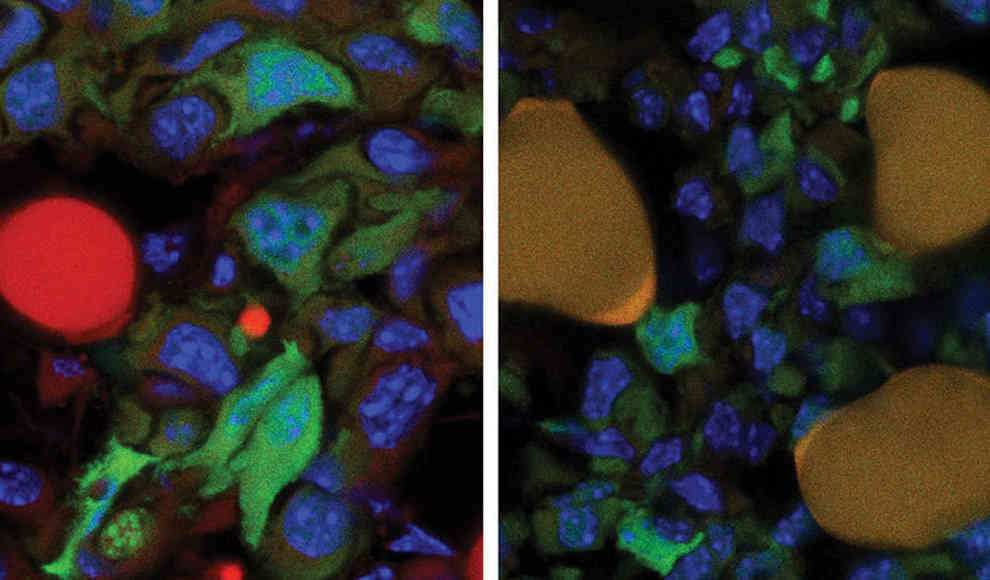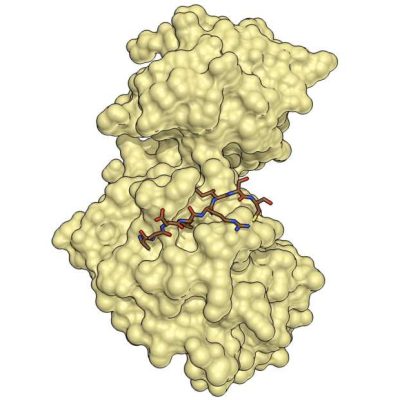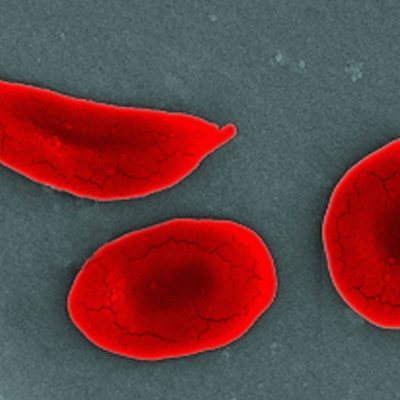Researchers have successfully transformed cancer cells into harmless fat cells, with the added benefit that this treatment can be applied to metastases. The team led by Dana Ishay Ronen from the University of Basel tested a new approach to treating cancer by converting cancer cells into fat cells. This method is particularly interesting because it can be used to treat metastases, which many other new cancer therapies cannot do. Metastases are cancer cells that have spread from the primary tumor to other parts of the body. The researchers used two widely available drugs, Trametinib and Rosiglitazone, to treat aggressive human breast cancer tumors. The results were very promising, with breast cancer cells that underwent the epithelial-mesenchymal transition (EMT) transforming into fat cells that are indistinguishable from normal fat cells.
The EMT is a process that normally occurs during embryonic development and wound healing, but cancer cells also use it to spread. The researchers believe that the treatment will be effective in the long term, as once cancer cells are converted into fat cells, they remain that way. However, the treatment only converts metastases, and the primary tumor must still be surgically removed or treated in some other way. Despite this limitation, the success of the Swiss researchers in treating metastases is a significant breakthrough in cancer therapy, as treating metastases has been extremely difficult until now.
This new approach to treating cancer has the potential to revolutionize cancer therapy, as it offers a new way to treat metastases, which have been a major challenge in cancer treatment. The researchers are optimistic that this treatment will be effective in the long term, and they plan to conduct further studies to confirm its effectiveness. This breakthrough is a significant step forward in the fight against cancer, and it offers hope to millions of people around the world who are affected by this devastating disease.










